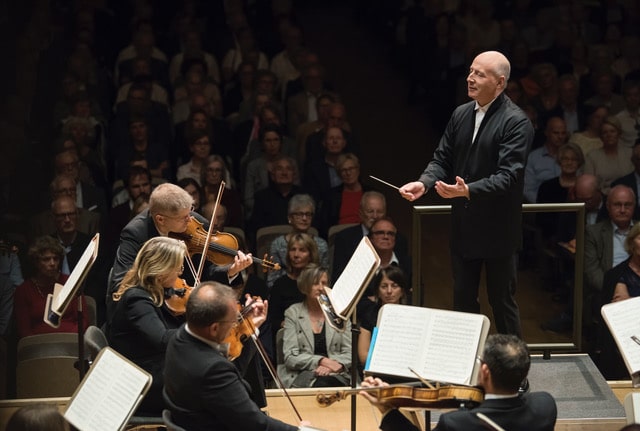Now Paavo pumps out New York Times platitudes
OrchestrasLow on the heels of the deep philosopher Gustavo Dudamel, the Zurich conductor Paavo Järvi tells New York Times readers what it is he does for a living:
In our modern world, where attention spans are fleeting and popular culture favors easily digestible content, the symphony orchestra is a profoundly underappreciated gem. It is not merely a bastion of elite art; it represents an ideal society where harmony and cooperation prevail. Regardless of background, race or personal preferences, each member of an orchestra knows their role, listens to others and works toward the shared goal of creating the best possible performance.
An orchestra is a microcosm of an ideal society. It consists of highly accomplished section leaders and musicians who collaborate and compromise, despite having their own opinions. Decision-making in an orchestra is democratic, yet it respects a hierarchy; musicians trust and follow the conductor’s vision while maintaining a degree of independence and personal expression. This delicate balance mirrors a well-functioning society where individuals work together while respecting leadership.
Read on here.






Comments